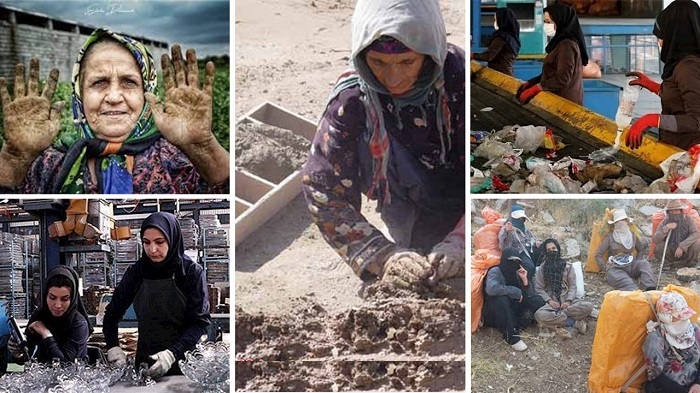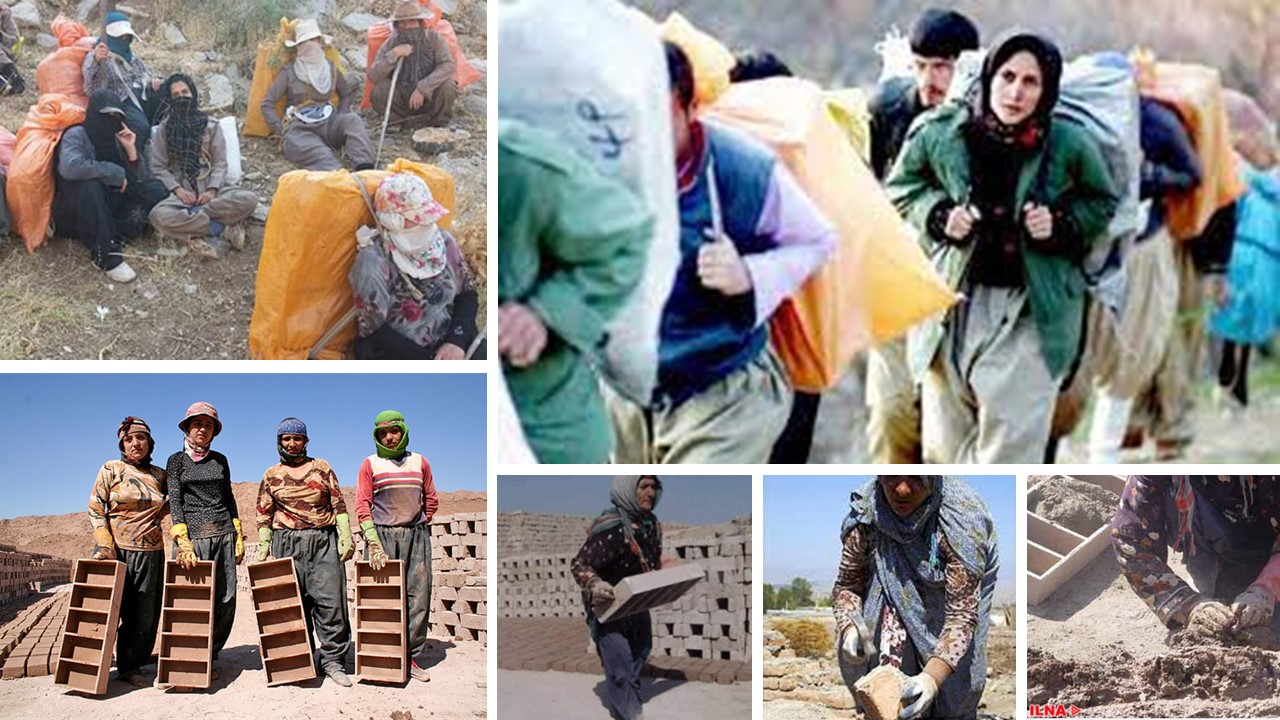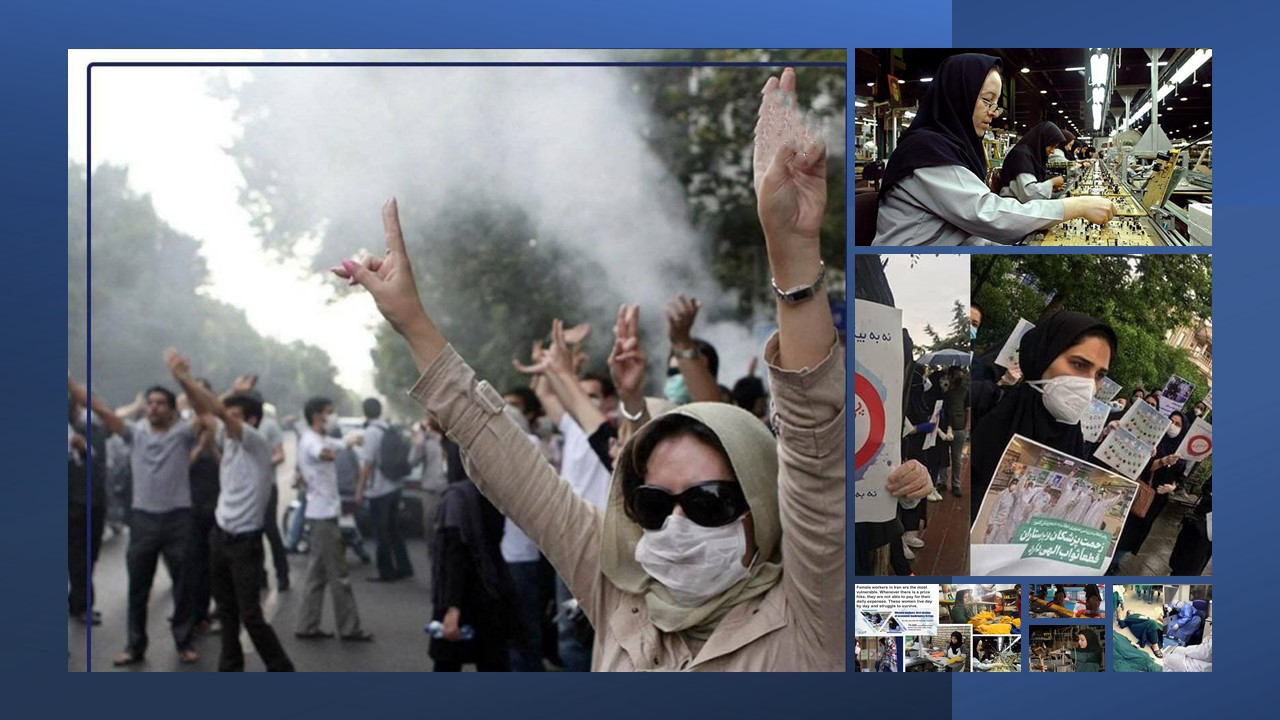
In early November, a tragic incident enraged the Iranian public over the fate of female workers in Iran. Marzieh Taherian, a female textile worker, was killed when her head became trapped inside the spinning wheel.
The incident alone is enough to bring to light the trampled rights of female workers in Iran. Many young women are forced to work in order to support their families. Many others, such as Marzieh Taherian, must work at night. Just the day before this heinous incident, Marzieh had complained about the difficulties she was having working the night shift. She, on the other hand, did not live to hear her response.
Many young women are forced to work in order to support their families
Marzieh Taherian’s case exemplifies the numerous difficulties that female workers face in Iran. With few opportunities, many Iranian women are forced to work to help pay the skyrocketing living costs of a country where more than 85 percent of the population lives below the poverty line.
Article 38 of the Labor Law forbids discrimination against women who work in similar conditions to men. Iranian law also prohibits women from receiving less pay for equal work with men. Furthermore, certain benefits for female workers are considered in terms of employment and social security.

Labor Law prohibits women from performing strenuous but …
Article 75 of the Labor Law prohibits women from performing strenuous or hazardous work. Female workers are not permitted to perform dangerous, laborious, or hazardous tasks, or to move loads exceeding the permitted limit manually or without the use of mechanical equipment. Women are allowed to carry a maximum of 20 kilograms. Taking and moving loads is also prohibited for women during pregnancy, as well as for the first ten weeks after giving birth.
One female worker complained that women must not be considered for nightshifts according to the law. “We must stay for a night shift once a week. But we do not dare say a word,” she said. No government official cares to fix the problems,” wrote the state-run Shahraranews.ir, on December 12, 2021.
Employers refuse to pay childcare allowances to work mothers. There are also no nurseries near the workshops. Pregnancy leave is not granted to female employees. When pregnant, a large number of women face job insecurity and, in some cases, dismissal. Fearing the loss of their jobs, most female workers do not file any complaints even when they face financial and moral assaults by their employers.

The Iranian regime does not follow Iranian labor law
Nonetheless, maternity leave is limited to nine months under the regime’s laws. The employee returns to her previous job at the end of her maternity leave. Maternity leave is accounted for as a woman’s serving record once approved by the Social Security Administration.
Employers are not allowed to fire female employees while they are on maternity leave, according to the law. Her maternity leave is regarded as a vacation. She then goes back to her regular job. Article 77 of the Labor Law even states that if the Social Security Organization’s physician determines that a type of work is unsafe or difficult for a pregnant worker, the employer is required to assign her to a more appropriate and tolerable job without deducting any of her rights until the end of her pregnancy.
The Iranian regime does not follow Iranian labor law and does not respect the rights of female workers. To avoid being fired, these oppressed women have only one right: to remain silent and say nothing.

MEK Iran (follow us on Twitter and Facebook), Maryam Rajavi’s on her site, Twitter & Facebook, NCRI (Twitter & Facebook) and People’s Mojahedin Organization of Iran – MEK IRAN – YouTube










